Menu
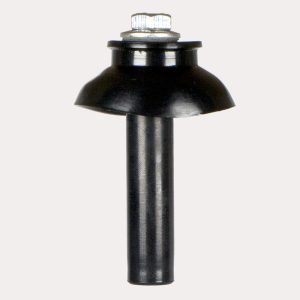
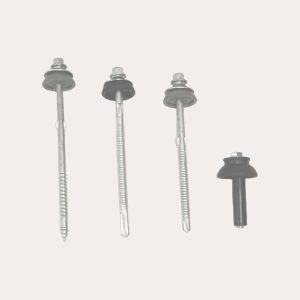
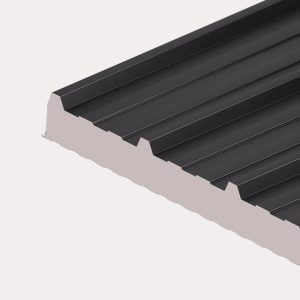
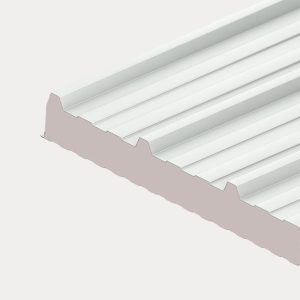
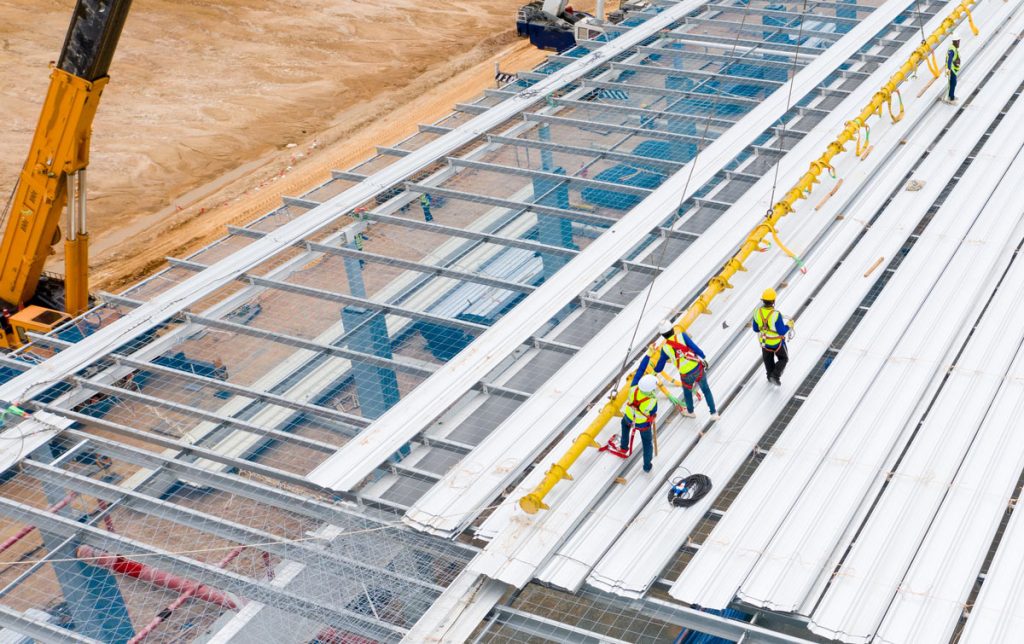
In an era where sustainability and environmental consciousness are at the forefront of construction and design, metal sheet roofing stands out as an eco-friendly roofing option. Its durability, recyclability, and energy efficiency make it an excellent choice for those who want to make a positive impact on the environment. In this blog post, we’ll explore the environmental benefits of metal sheet roofing and why it’s an eco-conscious choice for both residential and commercial buildings.
Metal sheet roofing is known for its exceptional durability. Unlike traditional asphalt shingles, which have a limited lifespan of 20-30 years, metal roofing can last for 50 years or more with proper maintenance. This longevity significantly reduces the need for roof replacement, resulting in less construction waste and a lower environmental impact.
One of the most compelling environmental benefits of metal sheet roofing is its recyclability. Most metal roofing materials, such as steel and aluminium, are highly recyclable. When it’s time to replace a metal roof, the old materials can be recycled and repurposed, reducing the amount of roofing waste in landfills. This not only conserves resources but also reduces the energy required for manufacturing new roofing materials.
Metal sheet roofing is an excellent choice for energy efficiency. Its reflective surface helps to bounce solar radiation away from the building, reducing heat gain and cooling costs in the summer. In colder seasons, metal roofing systems can be designed to include insulation and improve energy efficiency, reducing heating costs.
The energy-efficient properties of metal roofing extend beyond individual buildings. Reduced energy consumption in air conditioning and heating means less energy is required at the community level, lowering greenhouse gas emissions and contributing to a more sustainable future.
Many metal roofing products are available with sustainability certifications that attest to their environmental benefits. Look for certifications such as Energy Star, LEED (Leadership in Energy and Environmental Design), or Cool Roof Rating Council (CRRC) ratings, which confirm a product’s energy efficiency and environmental performance.
Urban areas often experience a “heat island effect” where temperatures are significantly higher than in surrounding rural areas due to the abundance of heat-absorbing surfaces like asphalt and dark-coloured roofing materials. Metal roofing can help combat this effect by reflecting a significant portion of the sun’s heat, reducing the overall temperature in urban areas and enhancing urban comfort.
Low-maintenance roofing systems are inherently more sustainable because they reduce the need for frequent maintenance or repairs. Metal roofing is resistant to many common roofing issues, such as rot, pests, and mould. This means less maintenance, fewer resources required for upkeep, and fewer harmful chemicals used in the process.
Metal roofing’s design and durability make it an ideal foundation for solar panel installations. By harnessing solar energy, homeowners and businesses can reduce their dependence on fossil fuels, lower their energy bills, and reduce their carbon footprint.
Metal roofing is conducive to rainwater harvesting systems. The smooth, clean surface of metal sheets allows for efficient rainwater collection and storage. Using harvested rainwater for landscaping, flushing toilets, or other non-potable uses can significantly reduce water consumption and dependence on municipal water sources.
During the installation of metal sheet roofing, there is often less waste generated compared to traditional roofing materials. The precise measurements and pre-cut materials minimize excess scraps and materials that would otherwise end up in landfills.
Many metal roofing options are categorized as “cool roofing.” Cool roofing reflects more sunlight and absorbs less heat than standard roofing materials, helping to reduce the urban heat island effect and decrease energy consumption in cooling systems.
Metal roofing, especially when chosen in light colours or with reflective coatings, can contribute to the reduction of urban heat. By reflecting sunlight rather than absorbing it, metal roofing helps keep temperatures in urban areas lower and more comfortable.
Metal roofing is highly fire-resistant, which is beneficial for both the environment and your property. In regions prone to wildfires, metal roofing can be an essential protective feature, reducing the risk of ignition and damage to the environment.
Many metal roofing products offer eco-friendly coating options that further enhance their environmental performance. These coatings can provide additional resistance to corrosion and UV radiation, extending the roof’s lifespan and reducing the need for maintenance.
Metal roofing is a common choice for green building practices. Its energy-efficient properties and ability to support sustainable technologies, such as solar panels and rainwater harvesting, align with green building principles and contribute to a more sustainable built environment.
In conclusion, metal sheet roofing is more than just a durable and attractive roofing option; it is a choice that aligns with modern environmental values and priorities. Its recyclability, energy efficiency, reduced waste, and many other benefits make it an eco-conscious choice for those who want to make a positive impact on the environment while enjoying the long-lasting performance and aesthetic appeal of their roofing system. When it comes to roofing, metal sheet roofing is a smart choice for a sustainable future.